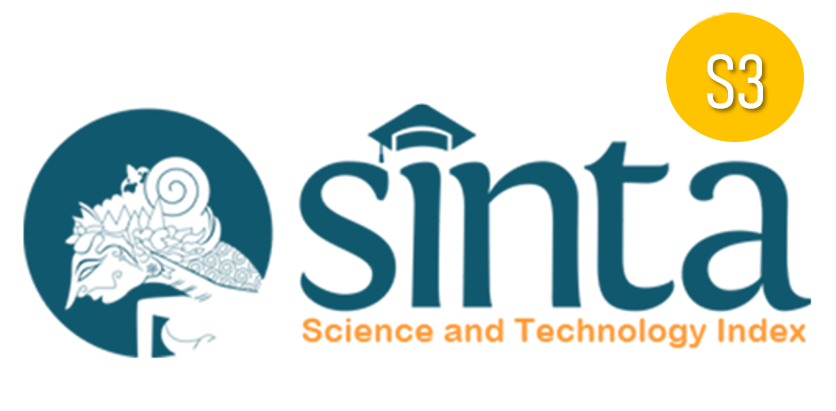Attitude of Sultan Kudarat State University Laboratory High School Students and Teachers on Proposed “No Homework Policy” Bill
Abstract
Keywords
Full Text:
PDFReferences
Braunschweig, P. S., Kappler, C., and Chiapparini, E. (2019). No more homework? negotiations of parental engagement in all-day schools. International Journal About Parents in Education, 11(1), 46-54.
Buyukalan, S. F., and Altinay, Y. B. (2018). Views of primary teachers about homework (a qualitative analysis). Journal of Education and Training Studies, 6(9), 152-162.
Corno, L. (1996). Homework is a complicated thing. Educational Researcher, 25(8), 27-30.
Felix, N, Dornbrack J and Scheckle E 2008. Parents, homework and socio-economic class: Discourses of deficit and disadvantage in the “new” South Africa. English Teaching: Practice and Critique, 7(2), 99–112.
Güven, U., and Akçay, A. O. (2019). Trends of homework in mathematics: Comparative research based on TIMSS study. International Journal of Instruction, 12(1), 1367-1382.
Hsu, J. L., and Goldsmith, G. R. (2021). Instructor strategies to alleviate stress and anxiety among college and University STEM Students. CBE—Life Sciences Education, 20(1), 116
Ramdass, D., and Zimmerman, B. J. (2011). Developing self-regulation skills: The important role of homework. Journal of advanced academics, 22(2), 194-218.
Serhan, D. (2019). Web-Based homework systems: Students' perceptions of course interaction and learning in mathematics. International Journal on Social and Education Sciences, 1(2), 57-62.
Singh P. M., bokodi S. M., and Msila V. T., 2004. Black parental involvement in education. South African Journal of Education, 24(4), 301–307.
Trautwein U, Lüdtke O, Kastens C and Köller O 2006. Effort on homework in grades 5–9: Development, motivational antecedents, and the association with effort on classwork. Child Development, 77(4), 1094–1111.
Ahmad, C. V. (2021). College students' perspective towards lecturers' work ethics. Indonesian Journal of Educational Research and Technology, 1(1), 27-30.
DOI: https://doi.org/10.17509/ijert.v1i2.33407
Refbacks
- There are currently no refbacks.
Copyright (c) 1970 Universitas Pendidikan Indonesia

This work is licensed under a Creative Commons Attribution-ShareAlike 4.0 International License.







.png)




